Every tax season, individuals often turn to tax preparation software like TurboTax for assistance in filing their taxes.
However, a former IRS worker, now a TikTok user known as @see_me_in_hindsight, is warning users that TurboTax may not be as user-friendly as it claims. In a viral video, she asserts that TurboTax has been actively lobbying to make tax filing more complex over the years.
TurboTax is Pushing Complicated Tax Processes

@see_me_in_hindsight, who claims to have worked in the tax compliance division at the IRS, alleges that TurboTax, along with other companies, has been pushing for complicated tax processes and limiting the options for free filing.
Her message is a cautionary one, suggesting that despite the software’s popularity, it might not be the best choice for everyone.
Americans Should Explore Alternatives to TurboTax

She encourages users, especially those with straightforward tax situations, to explore alternatives and avoid TurboTax.
For individuals with uncomplicated taxes, such as those working for employers, having side hustles, or owning a house, she advises them to consider doing their taxes without the aid of TurboTax.
Seek Professional Assistance from Accountants

However, she acknowledges that some taxpayers might have more intricate financial situations.
In such cases, seeking professional assistance from accountants or certified public accountants (CPAs) is recommended. She emphasizes the importance of utilizing services authorized to represent individuals before the IRS, and suggests finding qualified professionals on the IRS website.
TurboTax Denies Claims of Intentional Tax Complications

In response to these allegations, Tania Mercado, a representative for TurboTax’s parent company Intuit, denied the claims.
She states that Intuit does not lobby to make the tax code complicated. Mercado asserts that the company actively works toward a simpler, fairer, and more transparent tax code.
Turbo Tax is Opposing a Free Federal Tax Filing Service

Intuit is actively opposing the establishment of a free federal tax filing service. The Inflation Reduction Act of 2022 allocated $15 million to the Treasury Department for the IRS to explore the possibility of creating such a service.
Intuit argues that such a service “would be a waste of taxpayer money and a conflict of interest,” according to OpenSecrets.org. In response to these developments, Intuit defended its position in a statement to Business Insider, stating that the creation of a government-run tax preparation program would be both a financial burden on taxpayers and a detriment to low-income taxpayers.
Still, Turbo Tax Denies Any Desire Charge Taxpayers

Tania Mercado, a representative for Intuit, reiterated the company’s stance in a statement to the Daily Dot.
She emphasized that free tax preparation services are already accessible to 100% of American taxpayers through Intuit TurboTax. Over the past decade, more than 124 million individuals have filed their taxes entirely free using TurboTax, surpassing the combined total of all other tax preparation companies.
Former IRS Employee Suggests Using Free File
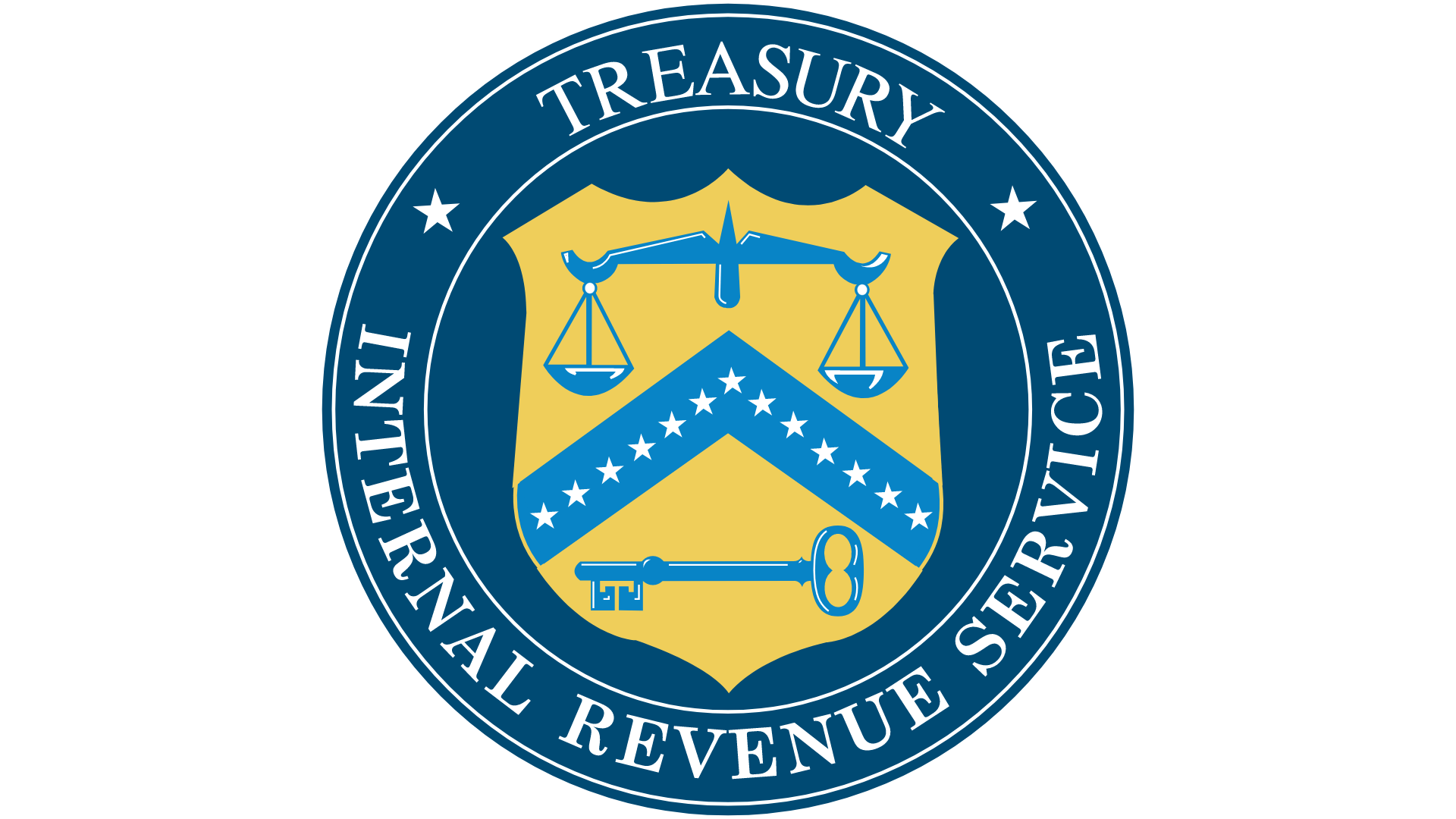
@see_me_in_hindsight proposes various free alternatives for users looking to avoid paid tax services.
She points out the Free File option on the IRS website, which utilizes free fillable forms. While this option requires users to fill in the forms themselves, @see_me_in_hindsight assures that the tax forms are not overly complicated.
Free File is Only Available to Certain Taxpayers

However, the Free File option has eligibility limitations, catering mainly to taxpayers with relatively simple returns.
It is also currently available to taxpayers in only 13 states. For those with lower incomes, @see_me_in_hindsight recommends the Volunteer Income Tax Assistance (VITA) program, a no-cost service that provides professional assistance to help taxpayers fill out forms.
Some CPAs Recommend Using FreeTaxUSA to File

In addition to @see_me_in_hindsight’s suggestions, other experts recommend alternative free filing options.
FreeTaxUSA is highlighted as a great software offering free federal tax return filing services with step-by-step guidance and easy-to-use forms. Levon L. Galstyan, a certified public accountant, recommends FreeTaxUSA for individuals with straightforward tax situations.
CashApp Taxes is Another Free Filing Option to Explore
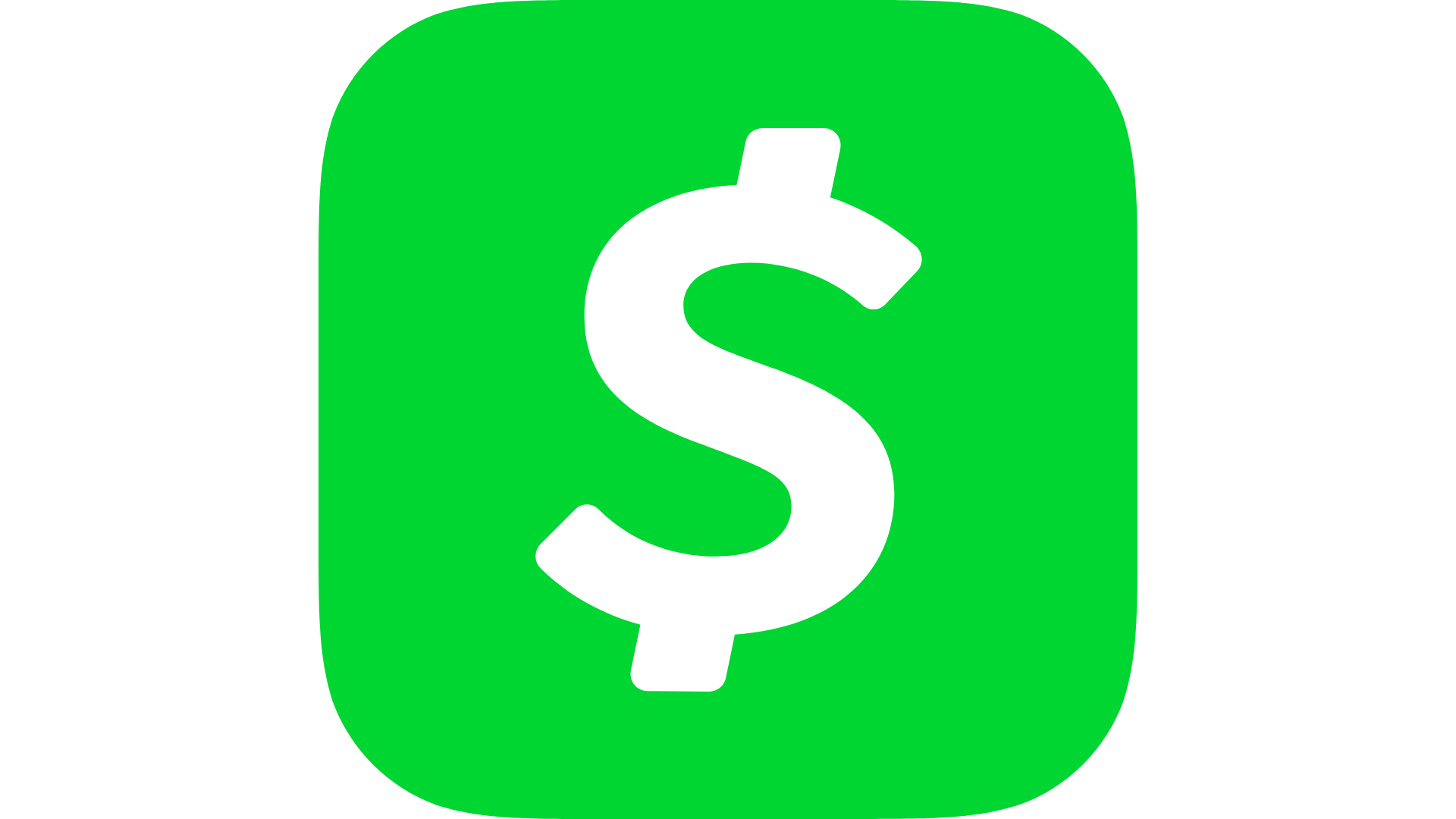
Cash App Taxes is another free option endorsed by Robert Farrington, founder and CEO of The College Investor.
Farrington mentions that Cash App Taxes allows users to file federal and state returns for free, although it has some limitations, such as not supporting multiple states.
Do Your Research and Continue Comparing Alternatives

@see_me_in_hindsight’s warning about TurboTax’s alleged efforts to complicate tax filing has sparked discussions about alternative free filing options.
Users are encouraged to explore the IRS Free File option, VITA program, FreeTaxUSA, and Cash App Taxes, depending on their specific tax situations and needs. While TurboTax remains a popular choice, the controversy surrounding its lobbying practices raises questions about the accessibility and transparency of tax-filing software.
Why Is the Tax System So Complicated?
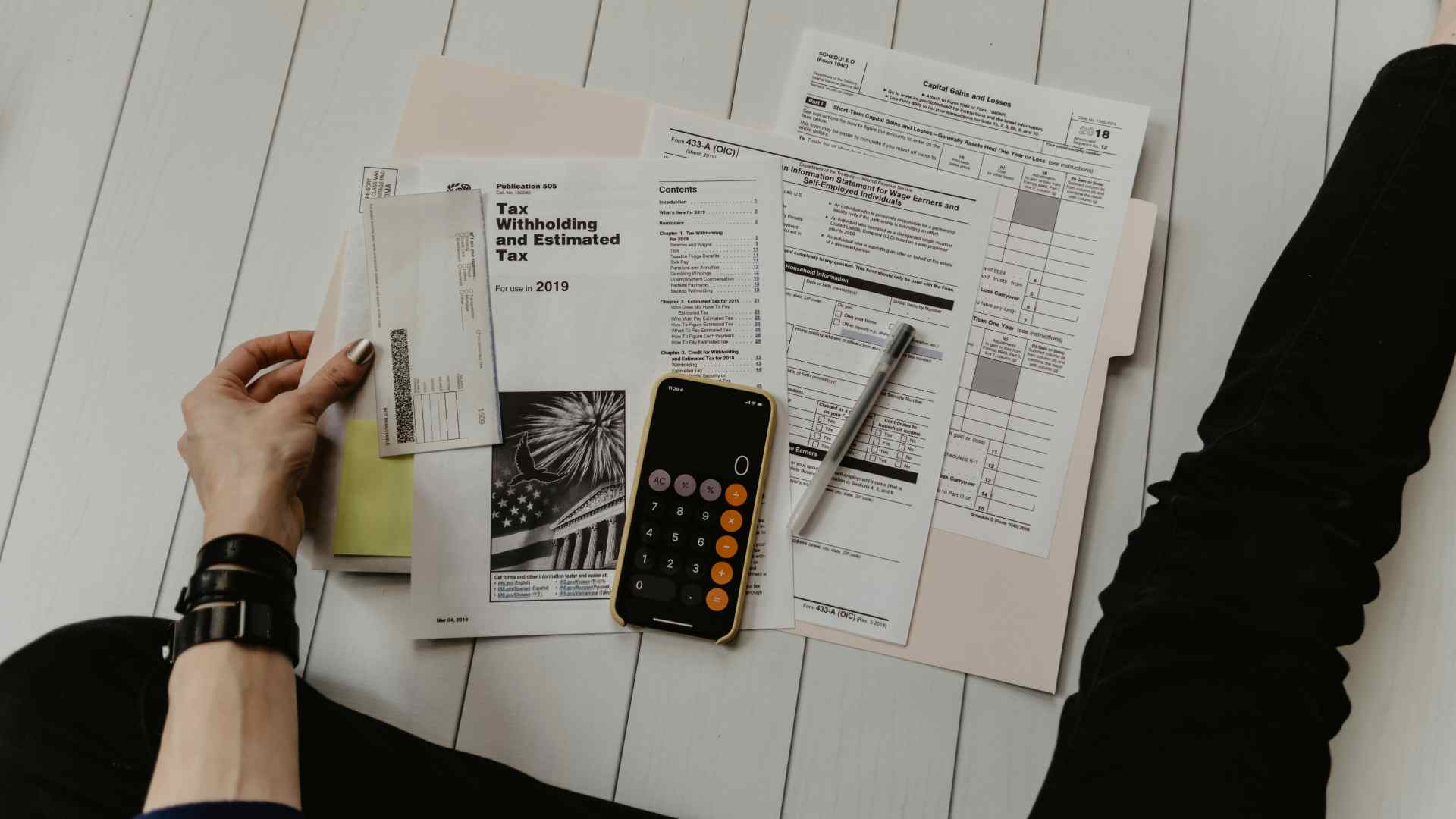
One of the reasons that TurboTax was able to succeed in getting people to pay for the ability to submit their taxes is how complicated and confusing the process is.
Some view this complicated system as an intentional design. Erin Collins, from the National Taxpayer Advocate, told Yahoo Finance that “Congress, in writing the law, tried to build into the code incentives for social benefits. So for example, to enable parents to work … [there’s] the child tax credit. Once you start supplementing taxable income, that’s where it starts getting complex.”
The Tax Code Used to Be Much Simpler

It’s ironic that the start of the United States as a country began as an opposition to unfair taxes from the British Empire, but now the modern tax system has become a monster unto itself.
According to the IRS, when the country first started it didn’t get its first federal income tax until 1862 with President Abraham Lincoln. This tax was later repealed and it wasn’t until just before World War I that the modern federal income tax was enacted.
Congress Became Empowered By the 16th Amendment
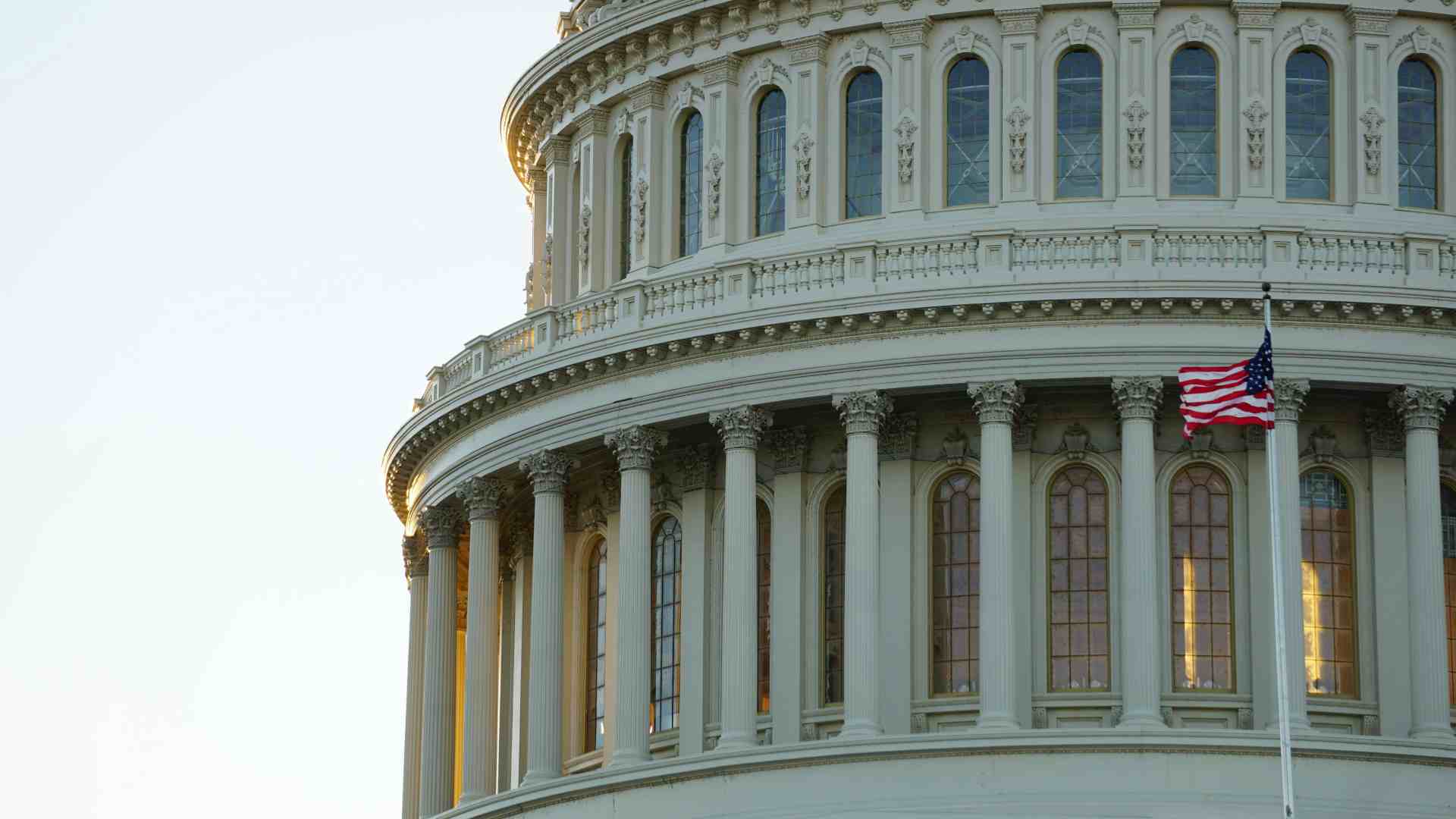
The 16th Amendment of the Constitution of the United States was passed in 1913 which granted Congress the right to collect income taxes from citizens and companies.
It was this enshrinement in law that gave the federal government direct authority to fund the many programs in the future that would lead to a more complicated tax system. However, as many things often do, it started simple.
The Federal Income Tax of 1913

It may be hard to believe but the first permanent income tax of the country only required citizens to pay between 1% and 7% of their income. And even then, many low-paid workers who did not meet an earnings threshold did not have to pay. This meant that richer citizens were the ones most affected.
The difference in payments required depended on the amount of money the citizen had earned. Originally the tax system was implemented to offset the effects of tariffs on goods and services, which some at the time saw as an unfair tax on citizens.
A Monumental Change

Despite the federal tax system initially not raising that much money from citizens, it represents a dramatic shift in the future of the country and its tax system. The focus on funding the government changed from extracting tariffs on goods to income tax.
In the following years, Republicans and Democrats would fight over the level of income tax versus the level of tariffs. Republicans would often undo the lowering of tariffs that Democrats tried to implement.
Income Tax Fueled the World Wars

While the income tax system in the United States started off small enough, as many government programs do, it eventually started to grow.
The United States raised taxes during World War I and World War II to fund the war efforts. While the income tax rate was lowered again after World War I, the tax increase in World War II would stick around much longer. It wasn’t until 1964 that the top tax rate would be lowered again. The taxes never returned to the 1-7% levels of 1913.
Passage of the Social Security Act
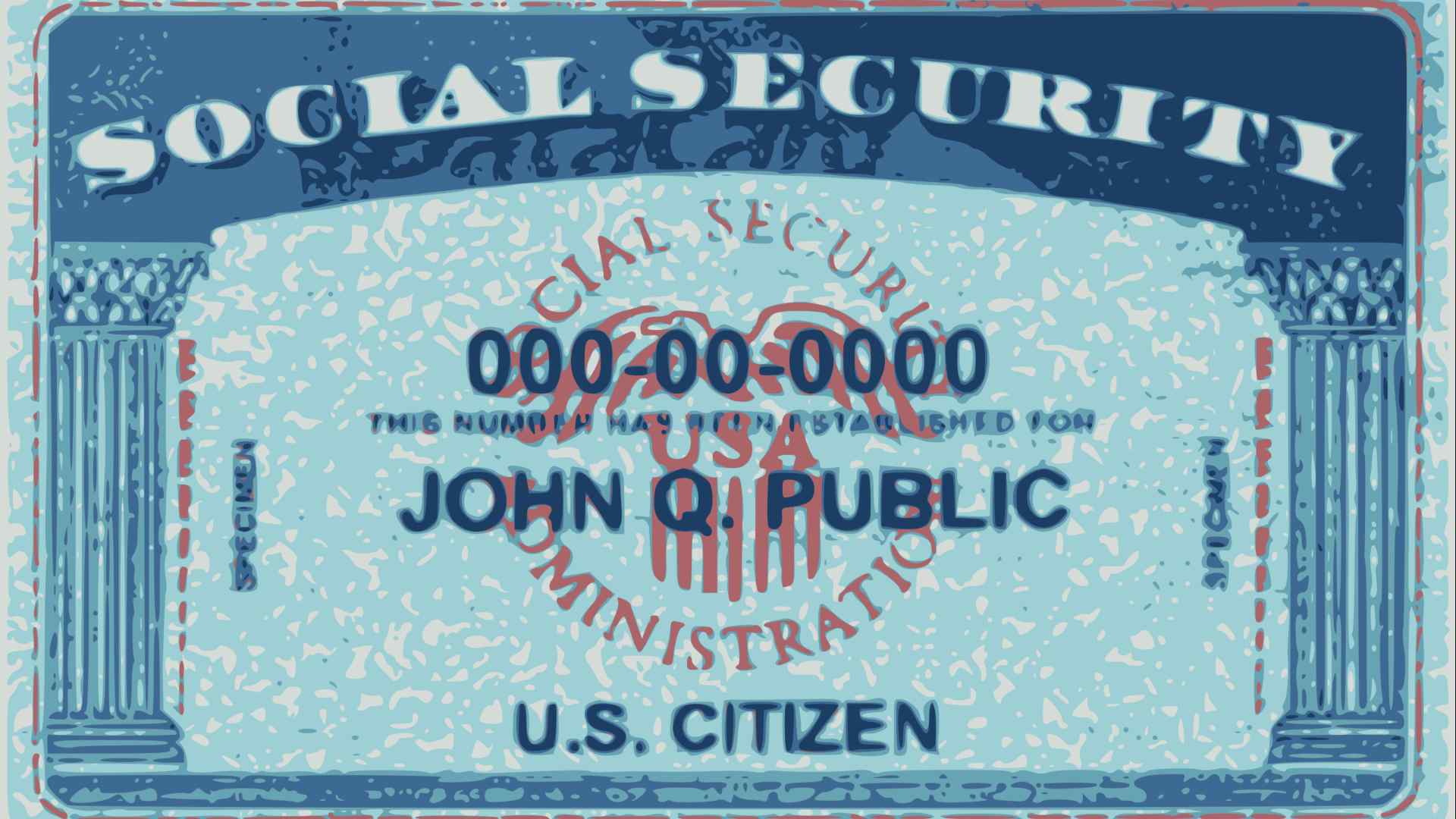
The Social Security Act of 1935 passed by Franklin Roosevelt was funded by a payroll tax since many American households at the time did not meet the income tax threshold to pay for it.
Social Security finally made sure that nearly every American worker was paying some form of taxes. According to the Cato Institute, 25.8 million workers had to start paying a de facto income tax because of social security at the time.
As Everyone Became a Tax Payer the System Continued to Expand

The United States government now had a dependable source of tax revenue to fund its programs.
Over the next decades, politicians would institute a variety of new programs and spending increases that are only possible thanks to the income tax. Each new program added a layer to the tax system, and it became much more complicated compared to just taking a percentage of your income and sending it to the federal government.
Today the System is Confusing for Many Americans

A survey by Jackson Hewitt in 2022 found that 21 percent of American adults cited that they were confused by their personal taxes. (via CBS News)
Mark Steber of Jackson Hewitt commented on the confusion caused by the number of credits that people may or may not qualify for. “Child credit, dependent care credit, earned income credit, education credits, those are all big, all complicated, all very pro-taxpayer, but they’re not automatic check a box and get a big check,” Steber said.
Not Every Country Has It So Complicated

According to Tax Foundation, Estonia has the best tax structure in the world.
Helen Pahapill, a tax policy advisor for the Estonian Ministry of Finance explained to Yahoo Finance in 2023 just how easy filing your taxes can be. “I really checked it — altogether less than five minutes,” she said. “Basically, I just logged in and checked that all the information was correct.”
The Average Tax Return Takes Americans 13 Hours

According to the Taxpayer Advocate Service, the average American spends between 11 and 13 hours filing their taxes. That is a far cry from the previous example in Estonia where someone can log in and submit their taxes within five minutes.
While the complicated tax system shares part of the blame, much of that time is spent waiting for answers to the IRS to answer a question. Taxpayers reportedly wait an average of 22 minutes on the phone with the IRS to get their questions answered. (via Yahoo Finance)
It May Be Hard to Defeat TurboTax

As long as the federal tax system is so complicated and difficult to navigate, companies like TurboTax will exist to help fill a necessary market role.
The IRS is soon planning to launch a service called Direct File, which will directly compete against the TurboTax service and is being offered for free. It remains to be seen how effective such a program can be at combating services like TurboTax.
